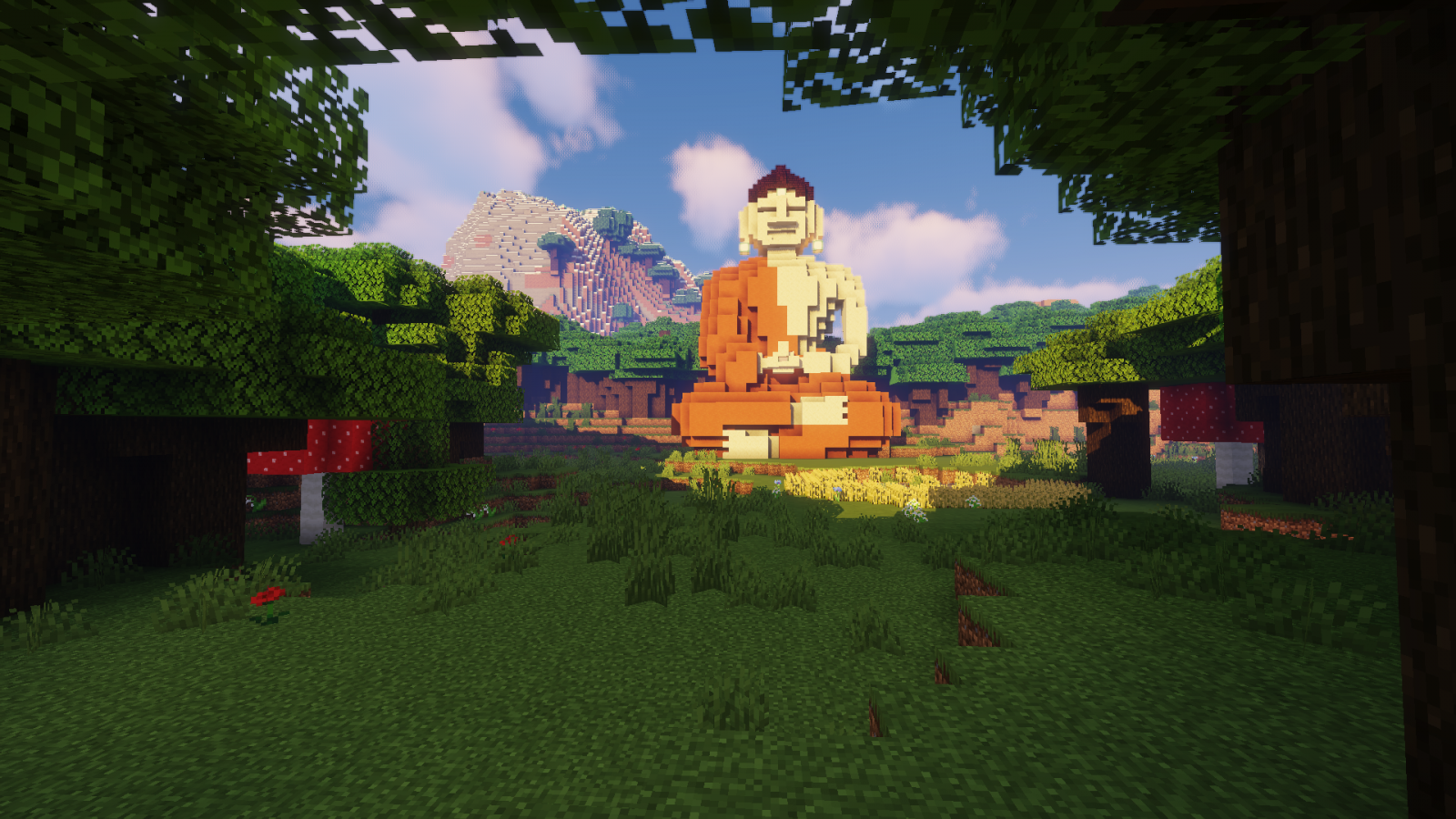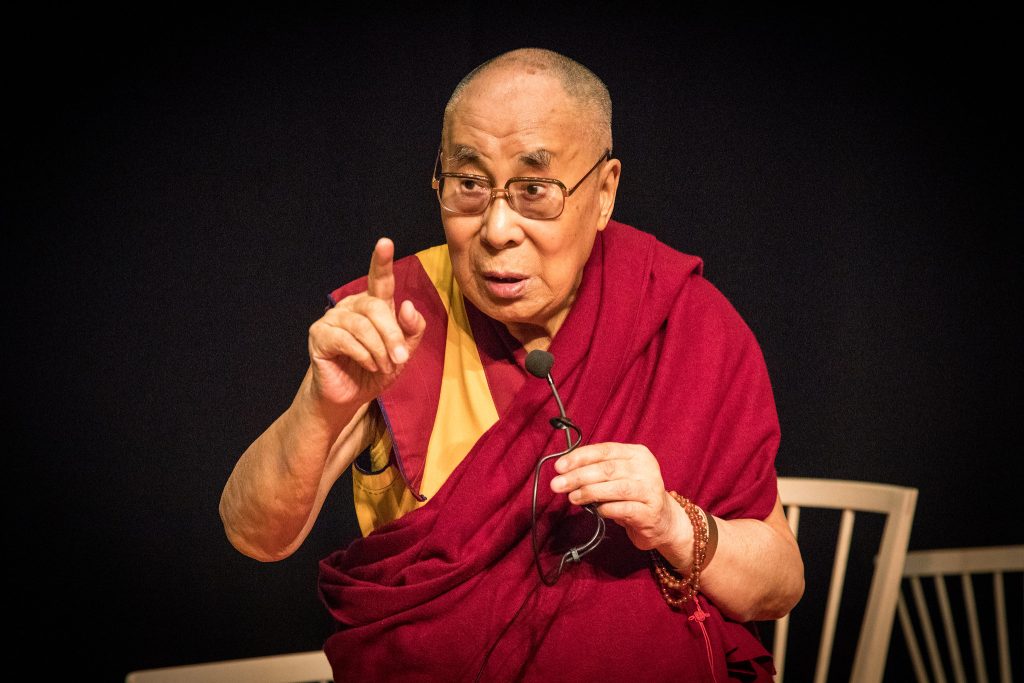Nothing is permanent, everything is precious. Here’s a selection of some happenings—fleeting and otherwise—in the Buddhist world this week.
Dalai Lama Says “Feudal” Reincarnation System “May Have Had Its Day”
In recent years, His Holiness the 14th Dalai Lama has publicly ruminated on the value of continuing the system of reincarnation that has for centuries supplied Tibet with a spiritual leader, suggesting—both jokingly and in earnest—that he may choose to make this lifetime his final rebirth. This week, during an address to Indian college students in Dharamsala, he underscored the idea that the tulku [incarnation] system may no longer be relevant in the 21st Century. The Dalai Lama said that the tradition “should end now” because of its feudal origins, according to the Times of India.
“Institutions need to be owned by the people, not an individual,” he said. “Like my own institution, the Dalai Lama’s office, I feel it is linked to a feudal system.” He added that while he argued in favor of his office in 1969, he has had a change of heart: “It should go. I feel [the authority] should not be concentrated in a few people.” A statement on the Dalai Lama’s official website also states that he suggested that the custom of appointing reincarnate lamas to political posts “may have had its day,” and he wondered what place the institution has in a “democratic society.”
The Chinese government, meanwhile, continues to insist that it has the right to appoint the next Dalai Lama. The irony that a communist government is championing a feudalistic institution seems to be lost on Beijing.
Taiwanese Buddhist Group Supports Indian Dalit Mass Conversion
Dalits, the lowest group in the Indian caste system sometimes referred to as “untouchables,” converted to Buddhism en masse last weekend at an event organized by a Taiwanese Buddhist group, according to the Indian Express. Hsin Bau, a monk and the head of the Buddha’s Light International Association (BLIA), an organization associated with Taiwan’s largest monastery, Fo Guang Shan, presided over the function at a memorial center for India’s first deputy prime minister in Ahmedabad, Gujarat.
“We used to follow Hinduism,” convert Nisarg Parmar said of his family. “But we do not like the discrimination and caste hierarchy in it. Buddhism is preaching equality . . . One of the biggest hurdles in [India’s] progress is this caste system that discriminates [against] people and treats them unequally.”
Dalits have been adopting Buddhism en masse since since activist and scholar B.R. Ambedkar spearheaded the conversion movement in the early 20th Century. But BLIA’s involvement appears to be a recent development. Founded in 1967 by Chinese monk Hsing Yun, Fo Guang Shan promotes Humanistic Buddhism, an engaged form of Chinese Buddhism with historical ties to the reformist monk Taixu.
Minecraft or Mindcraft?
A Minecraft player made his virtual world a little more equanimous, constructing a Buddha statue in the game. User xyzen420 posted a screenshot of the brick Buddha to Reddit’s main Buddhist forum, r/Buddhism, where commenters praised the work and shared their meditative and devotional experiences with Minecraft. Artifax_of_the_Mind commented: “I love this more than I can ever express. Minecraft is the meditators game!” EnValo offered some practice suggestions: “You can put a short refuge prayer or praise on a sign post nearby, and offer the traditional light (torch), food (cake) and water, and some flowers in front . . . you can even circumambulate your statue three times clockwise when you see it (keep him on your right side). This is a traditional way of paying homage to the Buddha.”

Minecraft is not a game that can be won or lost. Players explore the world and mine materials to build better tools and increasingly complex structures with the sole aim of exercising their creativity. The Buddha statue was made out of “smooth sandstone, orange stained clay, nether brick [a fictional item], and sea lanterns,” the builder wrote.
Thank you for subscribing to Tricycle! As a nonprofit, we depend on readers like you to keep Buddhist teachings and practices widely available.
